Life Lessons from an African Journey
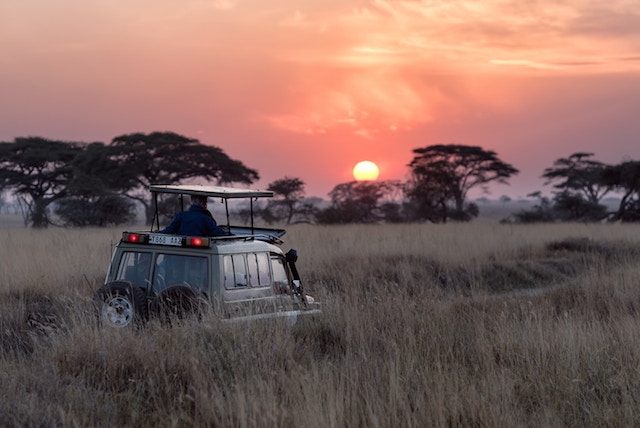
As seasoned travellers, my husband Nick and I were confident that we knew what travel in poor countries was like and that we could handle whatever West Africa threw at us.
We were wrong.
Up until then, travel for me had largely been about moving from one “must-see” sight to the next. I knew travel in West Africa wouldn’t be easy, but I had hoped that the sights would be worth the discomfort.
They weren’t.
Lest you be tempted by the exotic-sounding name, let me assure you that the only reason to go to Timbuktu is to say that you’ve been.
Looking back on that trip, it is the hardships – not the sightseeing – that I remember most vividly. And yet, a few years on, I’ve come to realize that it was those hardships themselves, and the lessons I learned from them, that made the trip worthwhile.
Some lessons were apparent right away, while others are still sinking in.
West Africa Taught Me Patience
When we boarded a bus in Dakar, Senegal for a 1200km journey to Bamako, the capital of neighbouring Mali, the ticket-seller estimated that the journey would take 36 hours. Apparently, he did not take into account the numerous breakdowns, the time we ran out of gas, the flat tire, the stops to negotiate bribes at police checkpoints, or the nine hours we spent at the border watching the bus crew unload and reload all the contraband goods strapped to the roof of the bus.
I actually have no idea how long it took for that bus to make it to Bamako; we abandoned it on the third day, bought tickets for a different bus, and made it there in 81 hours. While I spent most of that journey feeling sorry for myself, the truth is I had chosen to board that bus. With time and money on my hands, I was seeking some adventure.
Whatever the other passengers’ reasons for travelling, I’m quite certain that none of them were in it for a joyride. For them, the infuriating setbacks of that journey were an inescapable part of everyday life. A life in which patience is an essential survival skill.
West Africa Taught Me Not to Take Anything for Granted
In a bid to tick yet another “must-see” place off the list, we boarded a slow boat down the Niger River to Timbuktu. Lest you be tempted by the exotic-sounding name, let me assure you that the only reason to go to Timbuktu is to say that you’ve been.
As I watched daily life pass by on the banks of the river, I saw how much the people depended on the water of that river, filthy though it was, for their survival. They washed their clothes, their dishes and their own bodies in it. Every few hours, those travelling with us climbed over the other passengers to the back of the boat, where they urinated and defecated in it.
And then, reaching overboard and deftly scooping it up in one palm, they drank it. Apart from two Japanese tourists, we were the only people on board who had brought along a supply of bottled water.
I now live near the shores of Lake Geneva in Switzerland — a gorgeous body of clear blue water fed by melting snow. I’m grateful for the opportunity to go swimming in the lake, picnic on its banks and sail across its gentle waves. Most of all though, I’m grateful for the stream of clean drinking water that it supplies to my kitchen faucet every day.
West Africa Taught Me Compassion for Animals
Life Lessons from an African Journey
It started with the chickens. They are a pretty common menu item in West Africa, and they are known locally as “poulet bicyclette” (bicycle chicken). At dinner I would grumble about the lack of meat on these birds, which were mostly skin and bones.
Years later, I realized that this is what the body of a chicken is supposed to look like. Thanks to antibiotics and genetic manipulation, the chickens we eat in the West have quadrupled in size over the past 50 years, and they are now so fat that they can barely stand upright. They certainly can’t run around a yard with their legs pumping like they’re racing for victory in the Tour de France.
But chickens in Africa can, and they do. Sometimes they run right between your legs as you chew on the flesh of one of their kin. It was then that I began to see them as fellow beings with wants and desires. Beings who feel pleasure and pain, and who enjoy stretching their legs and strutting their stuff, just like we humans do.
Then there were the goats.
After once again waiting for hours for a bus that never materialized, we somehow ended up in the back of a truck with a herd of goats. At the time, it didn’t occur to me that the goats were almost certainly on their way to be slaughtered. All I could think about was my own misfortune, and I was horrified when a frightened goat peed on my leg.
Only now do I realize that, yet again, Nick and I were by far the luckiest passengers on board.
Today, I no longer eat chickens, goats or any other animals. I am fully aware that not everyone in West Africa has the luxury of choosing where their next meal comes from. For many in this arid region, killing a goat may well be their only mode of survival.
All I could think about was my own misfortune, and I was horrified when a frightened goat peed on my leg.
I, however, live just a five-minute walk from a produce aisle filled with a rainbow of healthy and delicious fruits and vegetables. For me, killing an animal for food when I have so many more nutritious, tasty and compassionate choices available just doesn’t make any sense.
As much as I cursed that trip through West Africa at the time, I now know that it helped shape who I am today, and for that I am eternally grateful. Travel, after all, is about so much more than snapping selfies and ticking boxes off bucket lists. It’s about better understanding ourselves, this world and our place in it.
Related Reading
6 Ways Living in Tanzania Has Changed Me
I Buried My Heart in Zanzibar
What I Learned About Myself on My Return to Cape Town
The Magical Place Tourists Miss When They Travel Africa
Life Lessons from an African Journey photo credit: unsplash.com; all other photos: Wendy Werneth

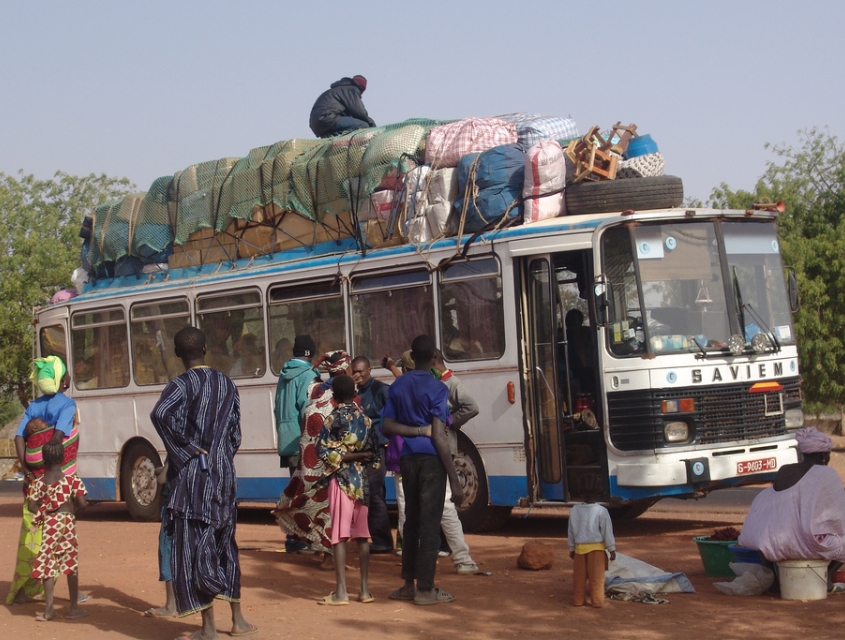
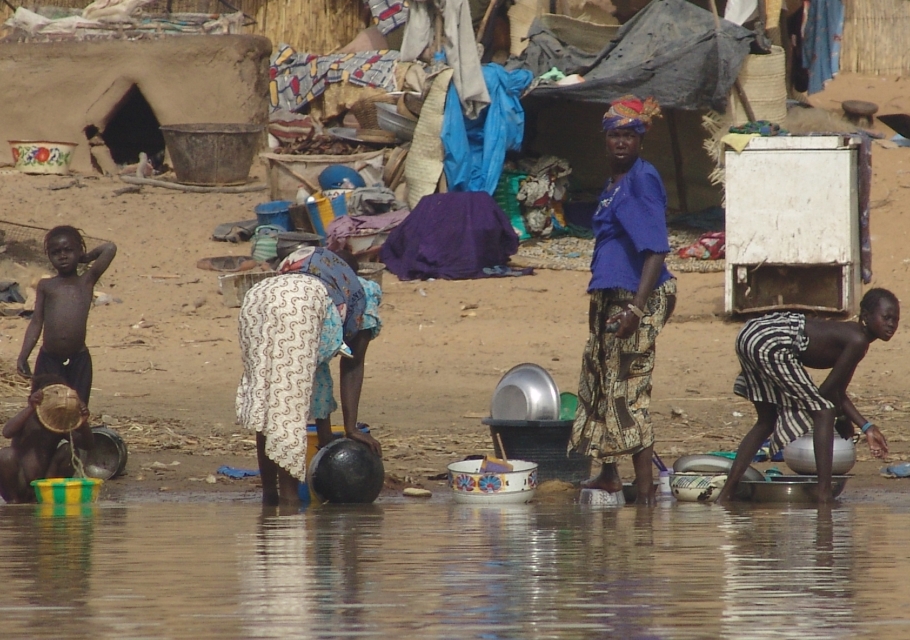

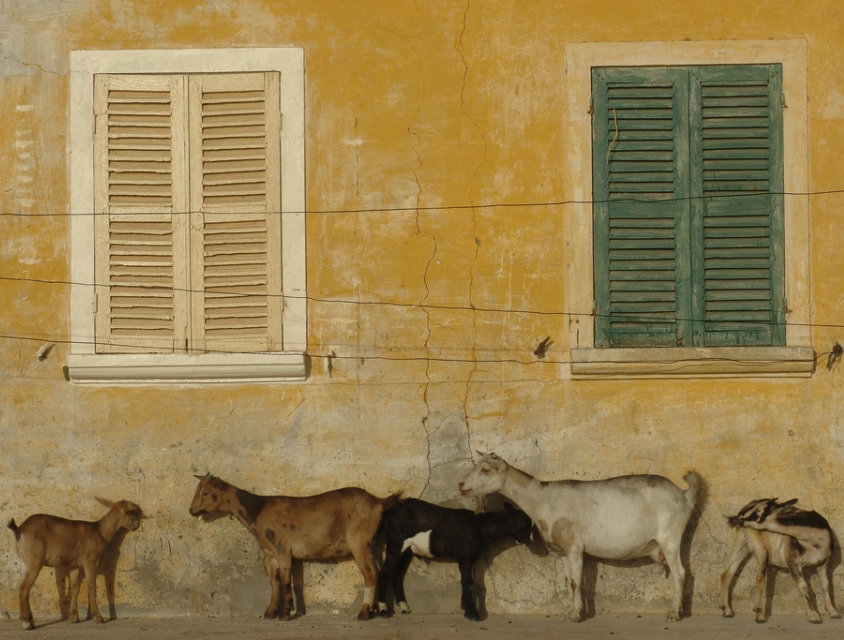

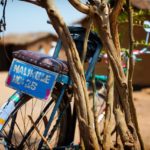
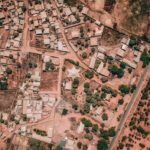



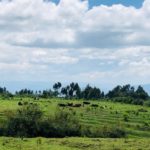

Hi Wendy, very interesting read. I enjoyed it a lot. But can you specify for me when you were in Mali? I am hoping to go next year and was wondering more about the risk of conflict….
Hi Danny, I’m glad you enjoyed the article! My trip to Mali was actually several years ago, before the conflict broke out. I would suggest checking travel forums like Lonely Planet’s Thorn Tree for updated safety info. The last I heard, Timbuktu was off-limits but the Dogon country was safe. And to be honest, I wouldn’t recommend Timbuktu anyway. Dogon was definitely the highlight of Mali for me.